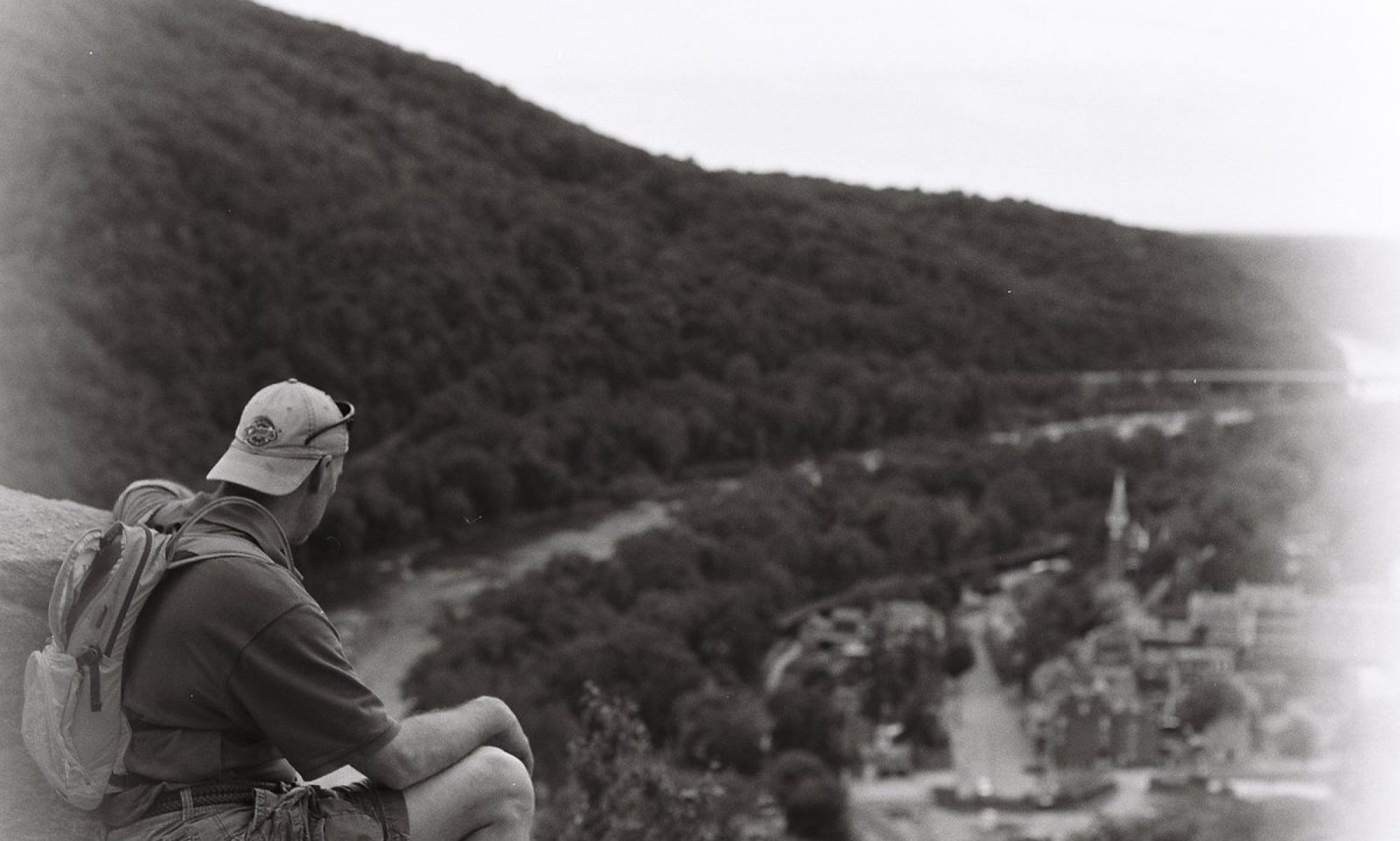She pulled into the parking lot of the animal shelter. The lot was really just a crumbly mess of decayed asphalt, ringed by a dense band of weeds. The asphalt itself was punctuated with only slightly less weeds than what surrounded it.
The shelter was a squat cinder block building on the outskirts of a small town, just off the state highway.
She walked into the building, a skeptical frown on her face. Why didn’t they just call it what it was. It as a dog pound, not an animal shelter. The only animals there were dogs. Dogs that nobody wanted.
Probably with good reason.
And it wasn’t a shelter. Dogs didn’t go there to get out of the rain or whatever for a bit before moving on along their way. They were brought there and locked up there.
Probably with good reason.
Still, she promised her mom that she would look into it, adopting a dog, a companion. This “animal shelter” was at least on her way home, so she could stop in and say she did it and be done with it.
At the front desk, or the lobby, or whatever you want to call it, she could hear the barking and the yipping and the baying of all the dogs in the back. Opening the front door to the shelter must have alerted them. This was the result. A bunch of senseless barking. High pitched barks that were more like squeaks than barks, drawn-out baying of bigger dogs, bossy bellowing of still larger ones.
She was greeted by an administrative sort of woman with a short hello and a half page of paperwork to complete. These rural dog pounds were eager to get rid of the dogs and did not want a lot of forms and signatures and the like to get in the way of that. Without much delay, she was taken to the “kennel room” in the back.
It slapped her square in the middle of her face. The smell.
The shelter administrator, a portly, affable woman of indeterminate age, apologized for the smell, saying they were having trouble keeping up with the recent influx of dogs.
Sure enough, all the cages, or “stations” as the administrator called them, were occupied. Some even had more than one dog in them in what seemed like random pairings. She surmised that the only requirement placed on a dog for sharing a “station” was that the dog and the cage-mate would refrain from attacking each other.
Without any prompting, the administrator started an introduction, of sorts, beginning with the first cage on their left as they entered the walkway between the two long row of cells.
The first dog on the left was a pathetic mongrel that did not even bother to bark. All it did was wag its tail. It did not do anything else, really. It just sat and stared at her as the administrator told her his name was “Ned” and blah, blah, blah.
The name “Ned” was enough. She was definitely not going to take home a dog with the same name as him. Ned was, after all, why she was there in the first place, looking for a companion. Or, rather, why her mom made her promise to take a look.
Definitely not Ned.
The administrator paused for a few seconds to see if the woman showed any interest in Ned. The woman, however, was already looking at the next station.
That station was occupied by a loud hound of some sort, backed into a corner of the cage, trying her hardest to make more noise than all the other dogs.
After that, a mismatched pair of scruffy-looking, squeaky, pint-sized nuisances that appeared to be trying to squeeze their snouts through the bars to bite her ankles. Didn’t really matter what their names were, neither were going home with her.
The administrator quickly sensed the futility of trying to place one of the dogs with the woman. The bio on each successive dog became shorter and shorter as they made their way up the one side of the walkway and back down the other.
They stopped at the door back out to the lobby. The administrator asked the woman what she was looking for in a dog.
“Nothing, really,” the woman replied curtly.
Then, embarrassed at her own impoliteness, she added that she was not really sure. Companionship, perhaps. Maybe something else.
The administrator took it in, patiently, then continued.
As the two talked, the woman noticed that Ned, or “that little nugget” as the administrator had called him at one point, had stood up and was peering through the bars and around the administrator’s legs to see the woman. He just stood and looked at her, as if waiting patiently for something.
The administrator told her that it was just as well that she did not have any preconceived notions of what she wanted in a dog, since it was the dog that did the choosing, anyway.
The woman had heard that corny bit of wisdom altogether too often from some of her dog-loving friends. She found that droll bit of dog wisdom amusing, at best. She wondered why people put so much effort into explaining their dogs. Dogs were, after all, only animals and did not need any explanation of why they were the way they were. They just were.
The woman leaned slightly to her left to return Ned’s gaze. As she did so, he stepped toward the latch which held the door to the cage shut and pointed his nose at the latch, as if to show the woman where it was.
The administrator asked the woman if she had any questions.
“Just one,” the woman answered, returning her attention back from the little nugget to the administrator.
“What’s that?”
“Can I give him a new name?”
